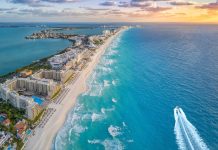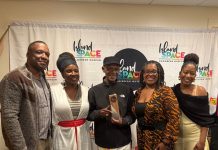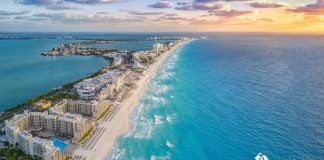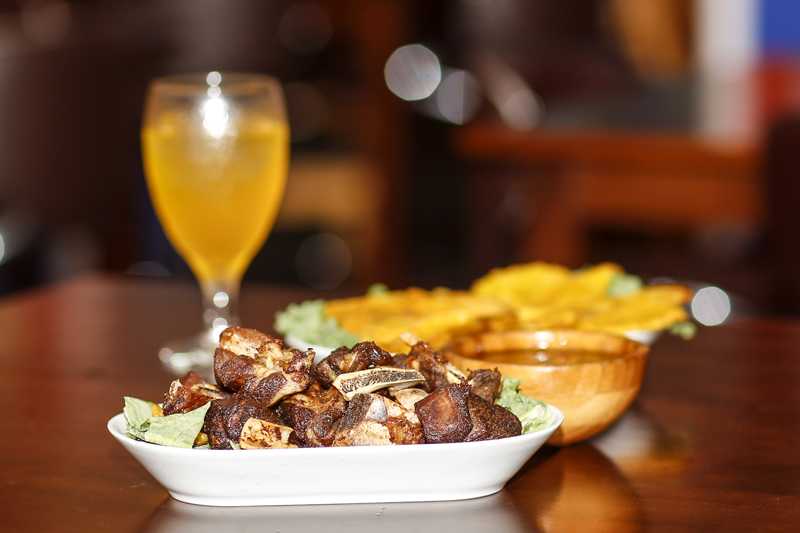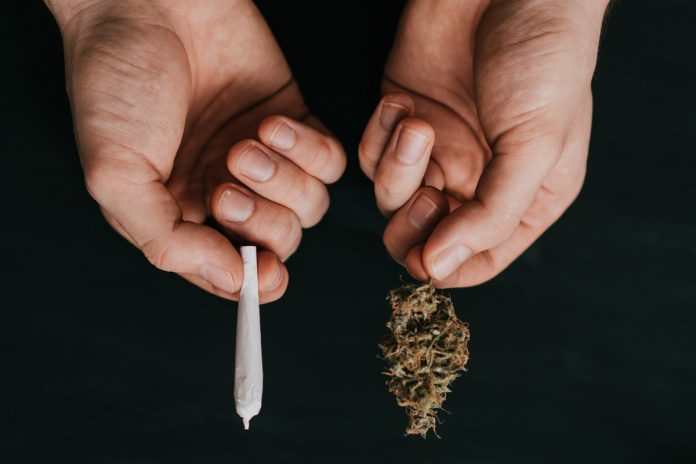
The formation of “4/20” as a US holiday and of marijuana’s movement in Jamaica have equally interesting origins. A lot of it has been fraught with challenges, yet there’s been just as much hope and cause for celebration. To gear up for 4/20 this year, let’s dive a bit deeper into what cannabis is, how it has influenced Jamaican culture, and the history of 4/20 as a holiday.
What Is Cannabis?
Cannabis is a genus of plant with hundreds of different strains. The plant has three main uses:
- One of the varieties, hemp, is used to make clothing, rope, and other materials.
- Cannabis can be used medically to treat symptoms such as anxiety and pain.
- Cannabis can also be used recreationally for enjoyment, to alleviate stress, and to inspire one’s creativity.
Cannabis goes by many different names. marijuana, weed, pot, ganja, mary jane, kush, hash, dope, spliff, herb, grass, and so much more!
“Marijuana” specifically refers to strains of cannabis that have THC (tetrahydrocannabinol) in them. This compound is psychoactive — it gives a “high.” There is another compound in various cannabis strains, including marijuana, called CBD (cannabidiol). It is non-psychoactive and is the most important compound in terms of medical usage.
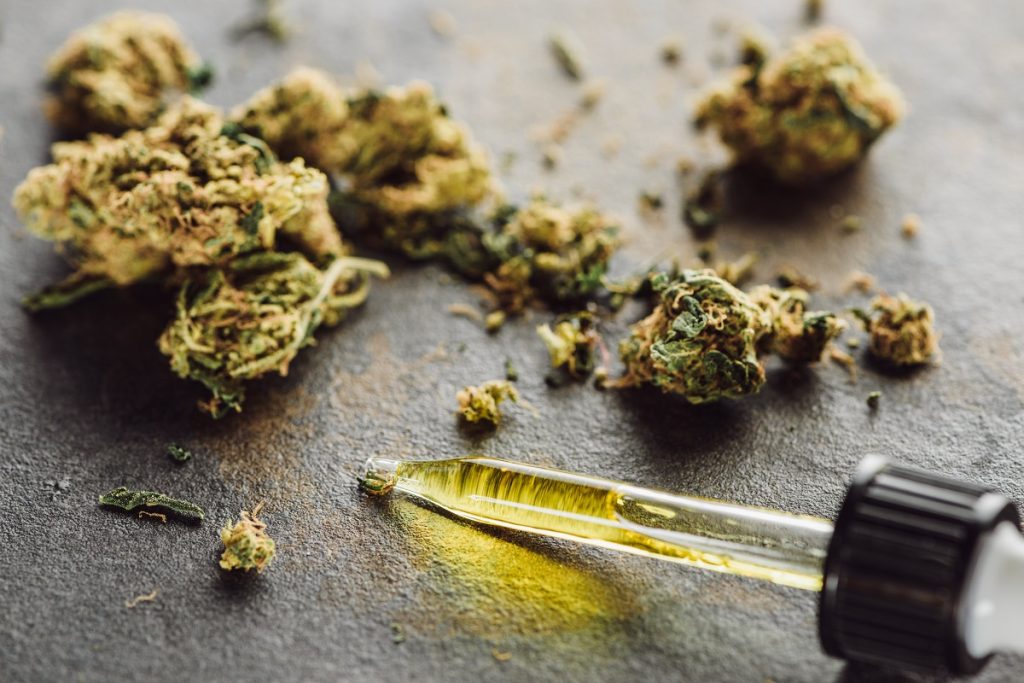
How Cannabis Made Its Way to Jamaica
The cannabis plant is believed to be native to Asia, but how did it get to the land that it is now most closely associated with?
After slavery was abolished in Jamaica, plantation owners had to look for labor elsewhere. They sought out indentured servants from India, who began arriving on the island in the 1840s. These laborers brought several plants with them, including cannabis.
This origin becomes clear when you look at the etymology of the most common word used for marijuana in Jamaica. “Ganja” is a Hindi word that translates to “hemp.”
Marijuana’s Influence on Jamaican Culture
It didn’t take too long for ganja to become widespread in Jamaican culture. This can be evidenced by the 1913 Ganja Law — the beginning of a long history of oppression people would face due to their usage of marijuana. The drug was primarily used in lower-class black communities.
Rastafarians were the worst affected by anti-marijuana laws and often faced violence from law enforcement. Cannabis is used extensively by Rastafarians. It is a tool for meditation, soul-searching, connecting with Jah (God), and “reasoning” with other Rastas.
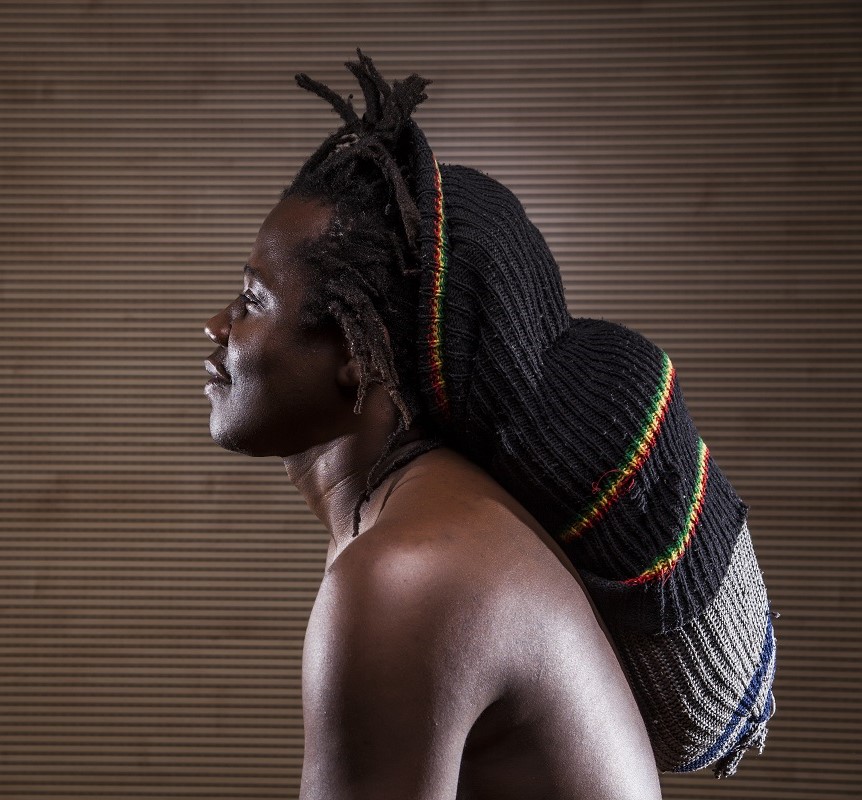
Despite oppression, marijuana usage continued to permeate Jamaican culture. The reggae genre spoke boldly about marijuana and Rastafarian culture, changing the public perception not only locally but also globally through acts such as Bob Marley. Artists blended creativity with activism, like Peter Tosh in his 1976 hit “Legalize It” (which is often misattributed to Bob Marley).
The History of 4/20
In the 1970s, a group of high school friends in California agreed to meet up at 4:20 after school to search for an abandoned cannabis patch that one of them had heard of. They never found it, but “420” remained in their lexicon as a code word for marijuana.
The phrase spread slowly and modestly among their social circle. However, it wasn’t until in the early 1990s that the phrase became what it is today, when High Times magazine published a flier they had received for a 4/20 meet-up. It’s unknown who created the flier.
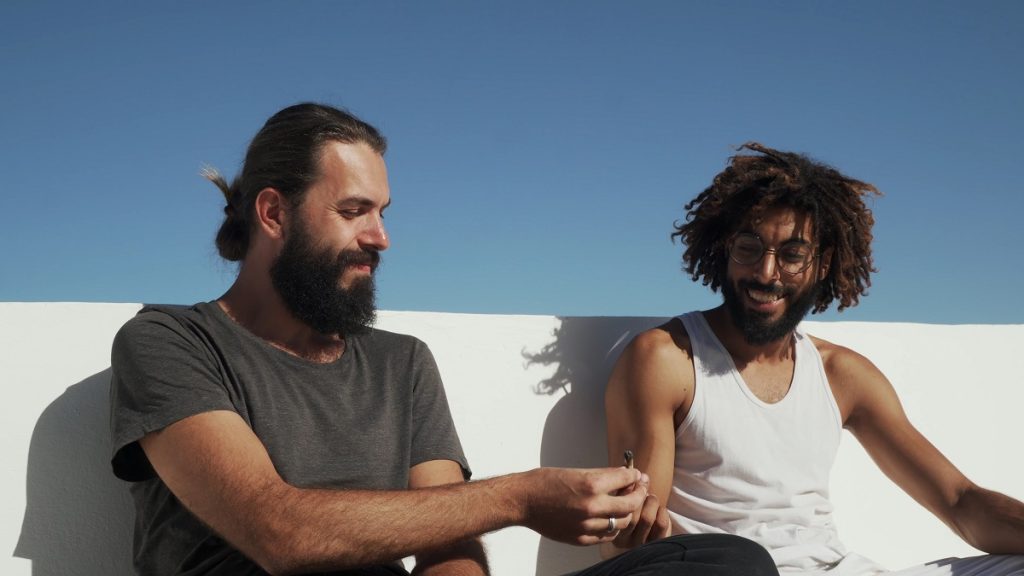
Since then, 4/20 celebrations have taken various forms — from block parties to city-wide extravaganzas. Though they’re primarily US celebrations, it’s not uncommon for these events to intertwine elements of Jamaican ganja culture, particularly with Jamaican reggae songs that extol the benefits of marijuana.
In the reggae era, Jamaica became synonymous with marijuana. This association endures to this day, though it wasn’t until 2015 that personal possession of up to 2 ounces was decriminalized. Jamaica still has a complicated relationship with ganja, but the impact it has had on Jamaican culture can’t be ignored. Leaps and bounds have been made in terms of legality and public acceptance, and activists continue to work towards a better perception of marijuana in Jamaica.





